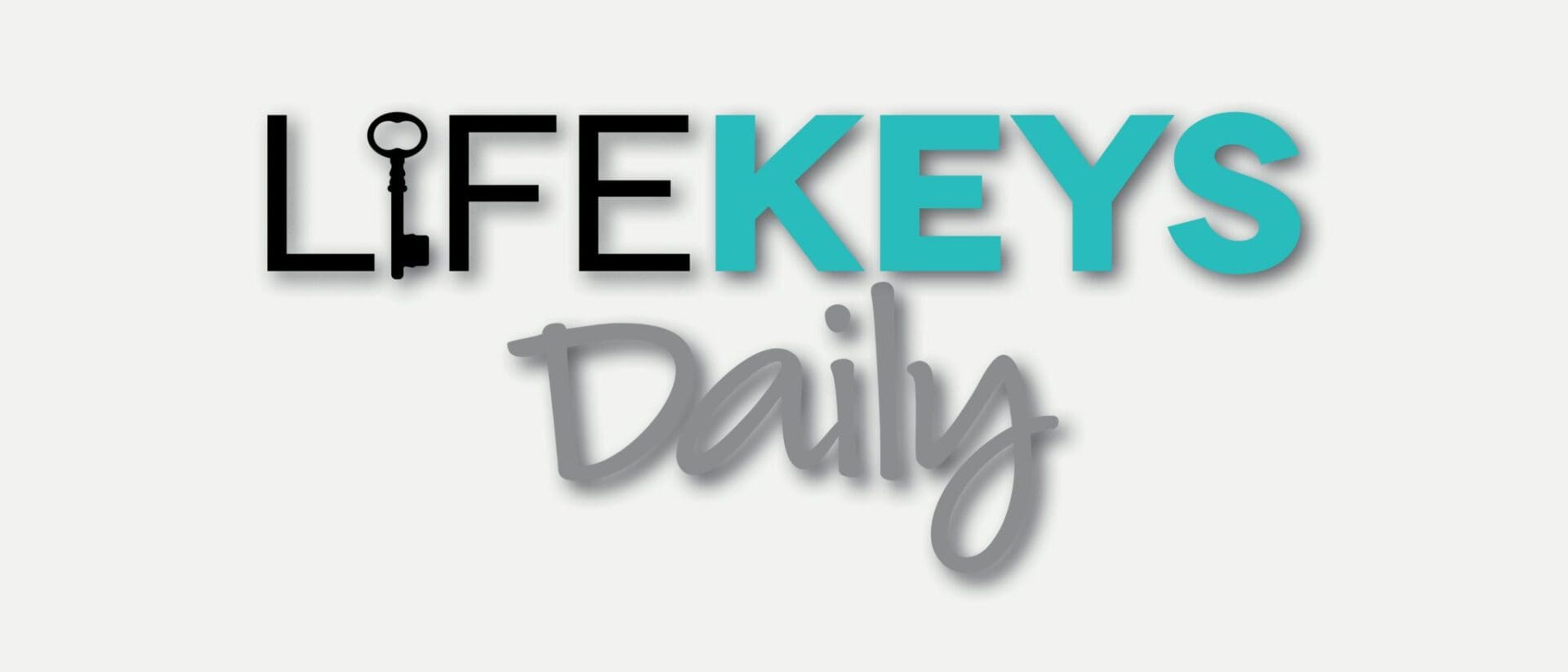But not everyone possesses this knowledge. 1 Corinthians 8:7 (NIV)
Here are two more endings:
Ending 2: John loses his freedom.
“Why are you ordering a salad? I’m buying. Have a steak!”
“I don’t feel right about that,” said Mary. “This meat was sacrificed to idols. Don’t you know what they do at those festivals?” She waves to the waiter, “Make that two salads—green!”
John eats the salad, but his conscience is troubled. Has he been wrong all along about the meat? Or is this the beginning of Mary controlling him? “It is for freedom that Christ has set us free. Stand firm, then, and do not let yourselves be burdened again by a yoke of slavery” (Gal. 5:1).
Mary is free to eat the salad. But she has no right to impose the salad on John. John may choose to order salad out of courtesy, but if John allows himself to be bound by Mary’s scruples, he is placing himself under her control. Being bound by another person’s conscience is always wrong.
Ending 3: John and Mary accept each other.
“Accept the one whose faith is weak, without quarreling over disputable matters. One person’s faith allows them to eat everything, but another, whose faith is weak, eats only vegetables. The one who eats everything must not treat with contempt the one who does not, and the one who does not eat everything must not judge the one who does, for God has accepted him” (Rom. 14:1-3).
John orders steak. Mary orders salad. John doesn’t look down on Mary. Mary doesn’t condemn John. They eat together to the glory of God with thankful hearts.
When was the last time you got into a disagreement over disputable matters?

